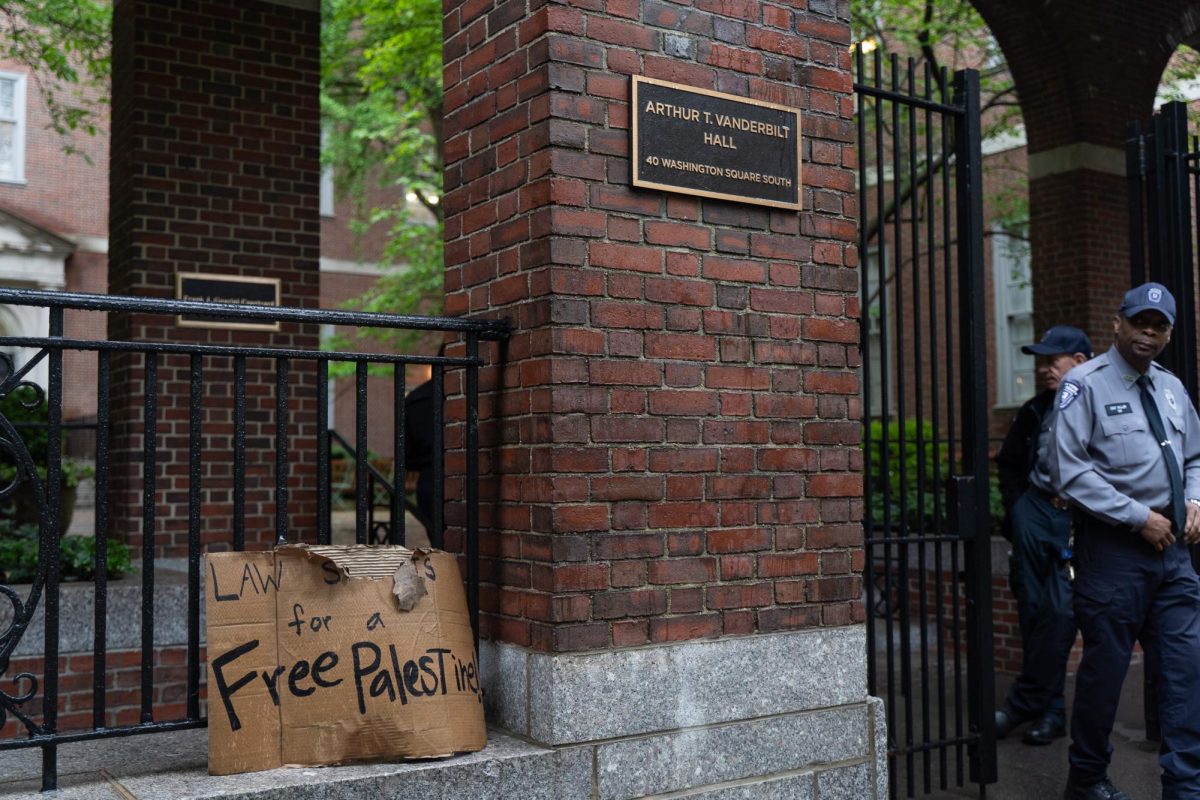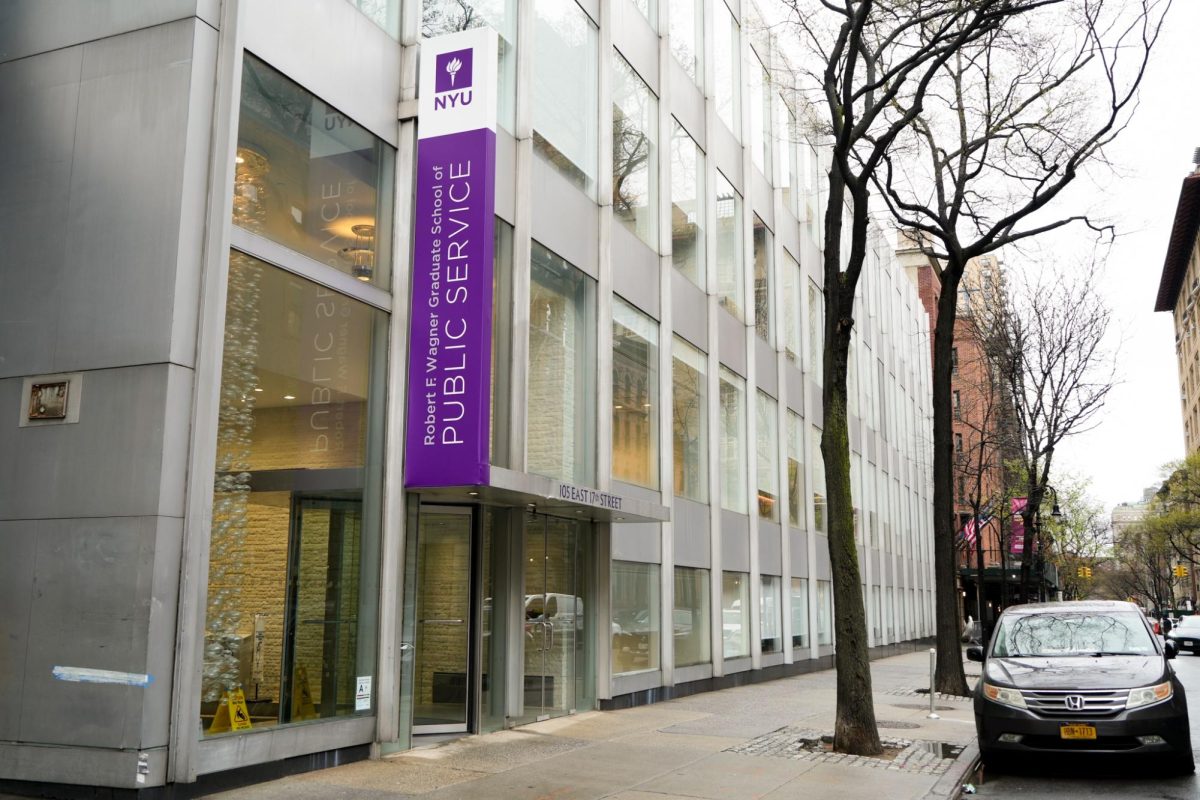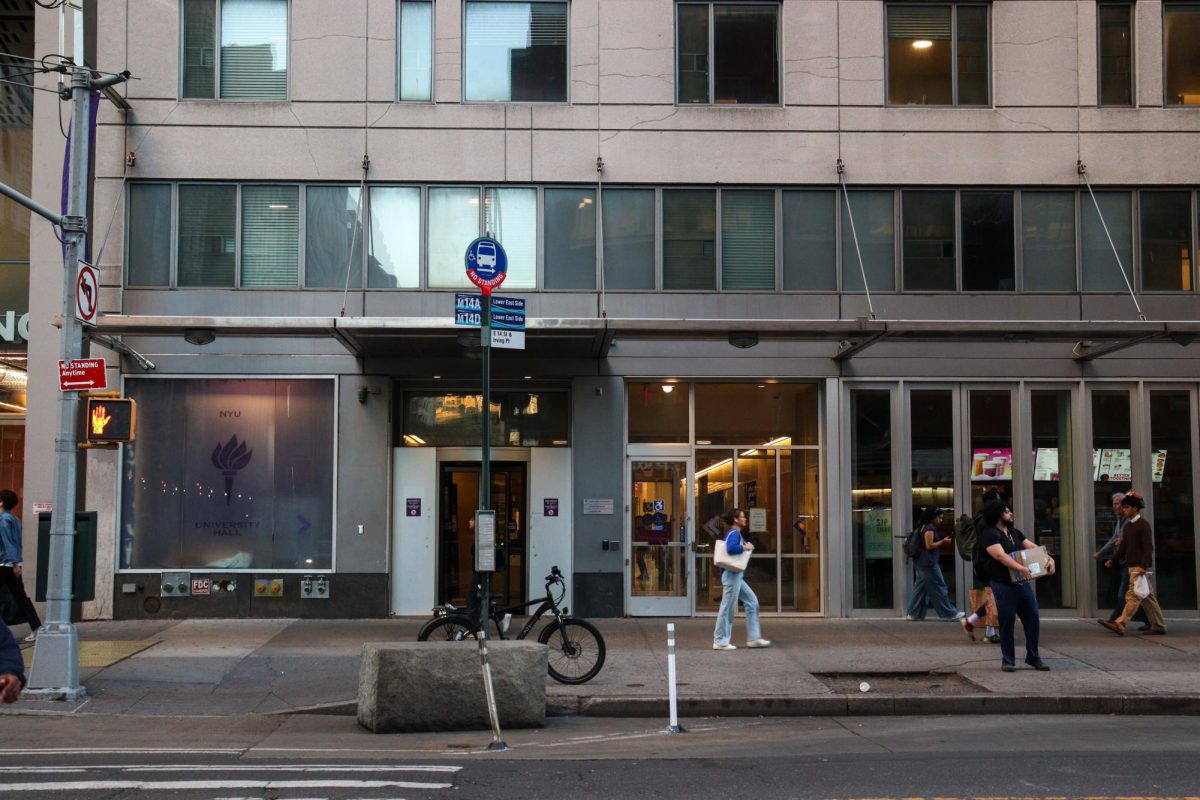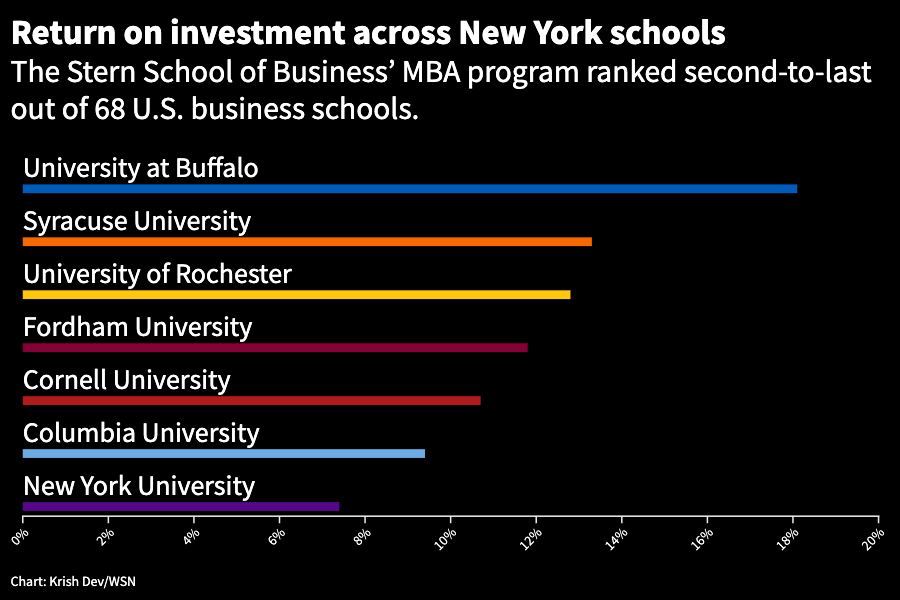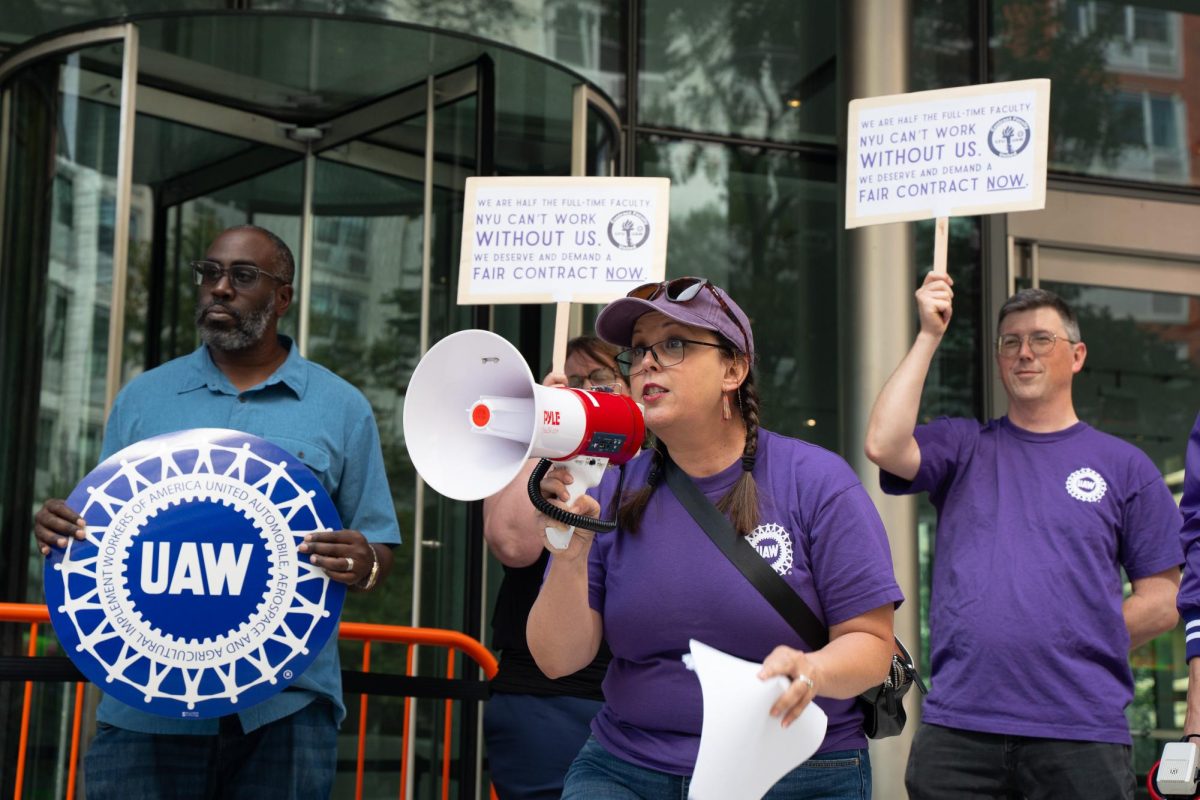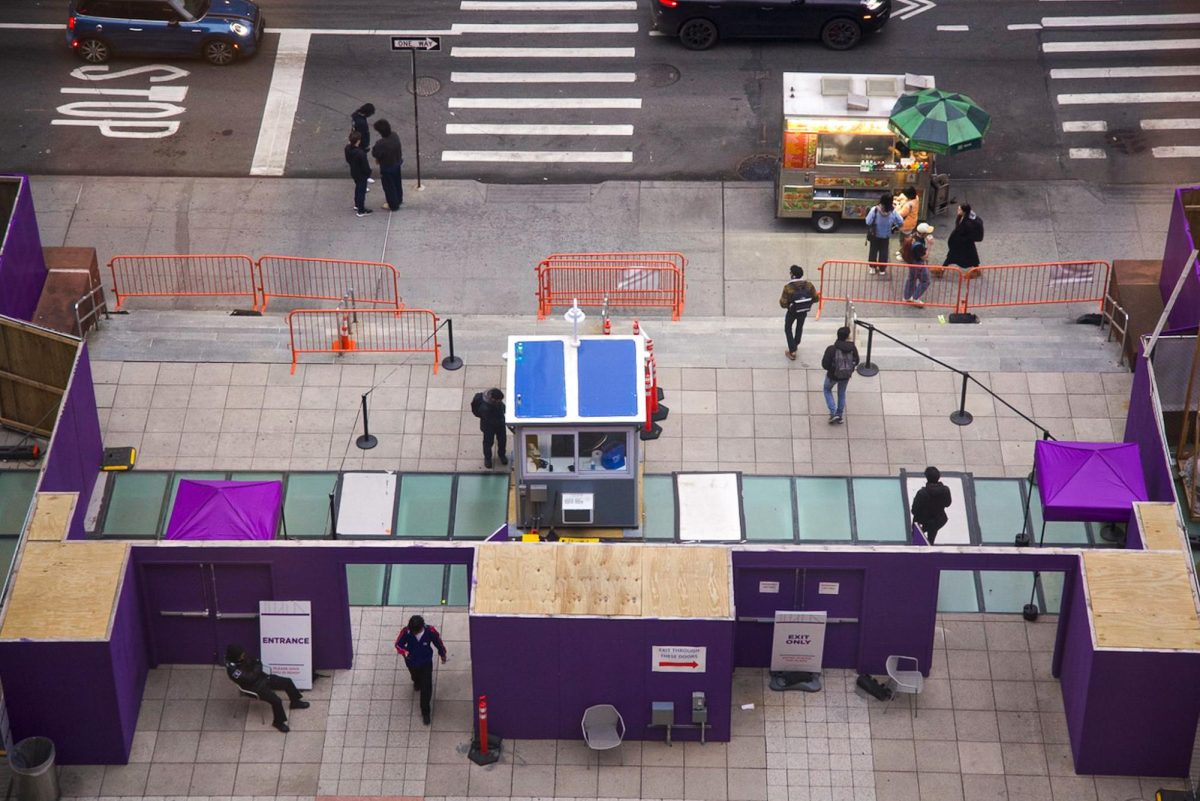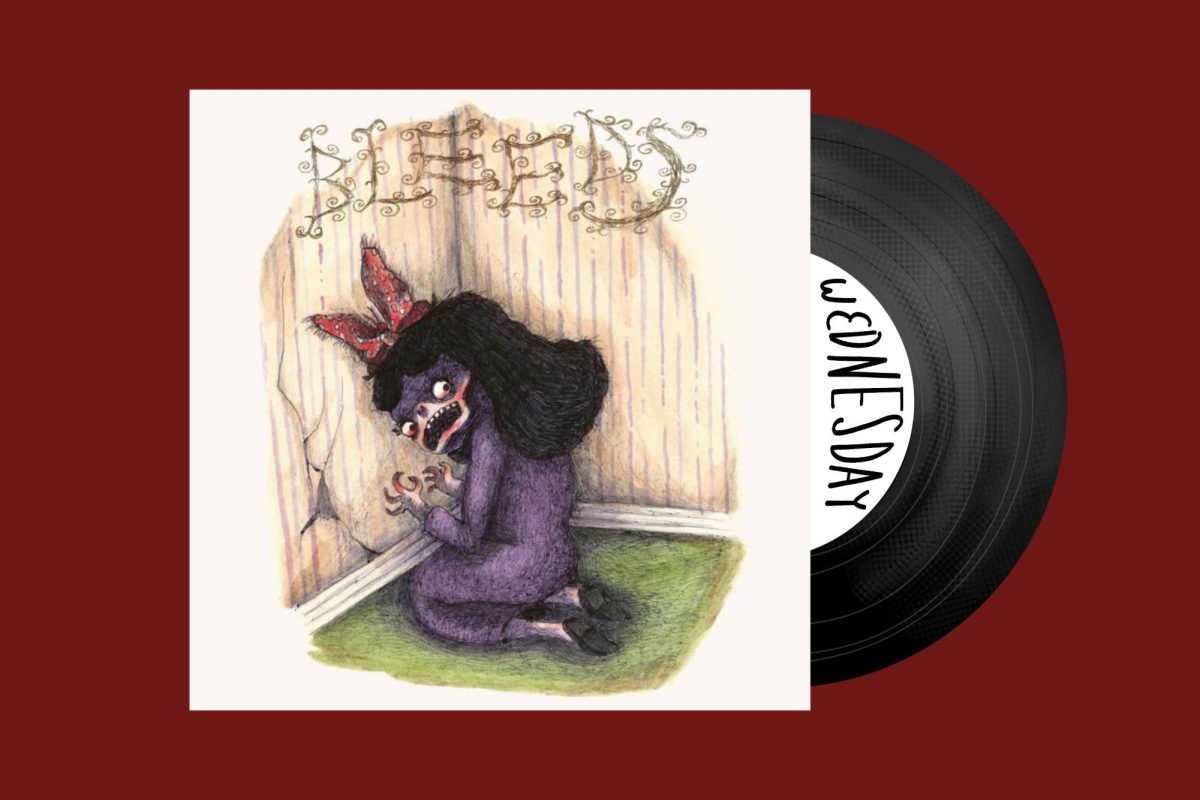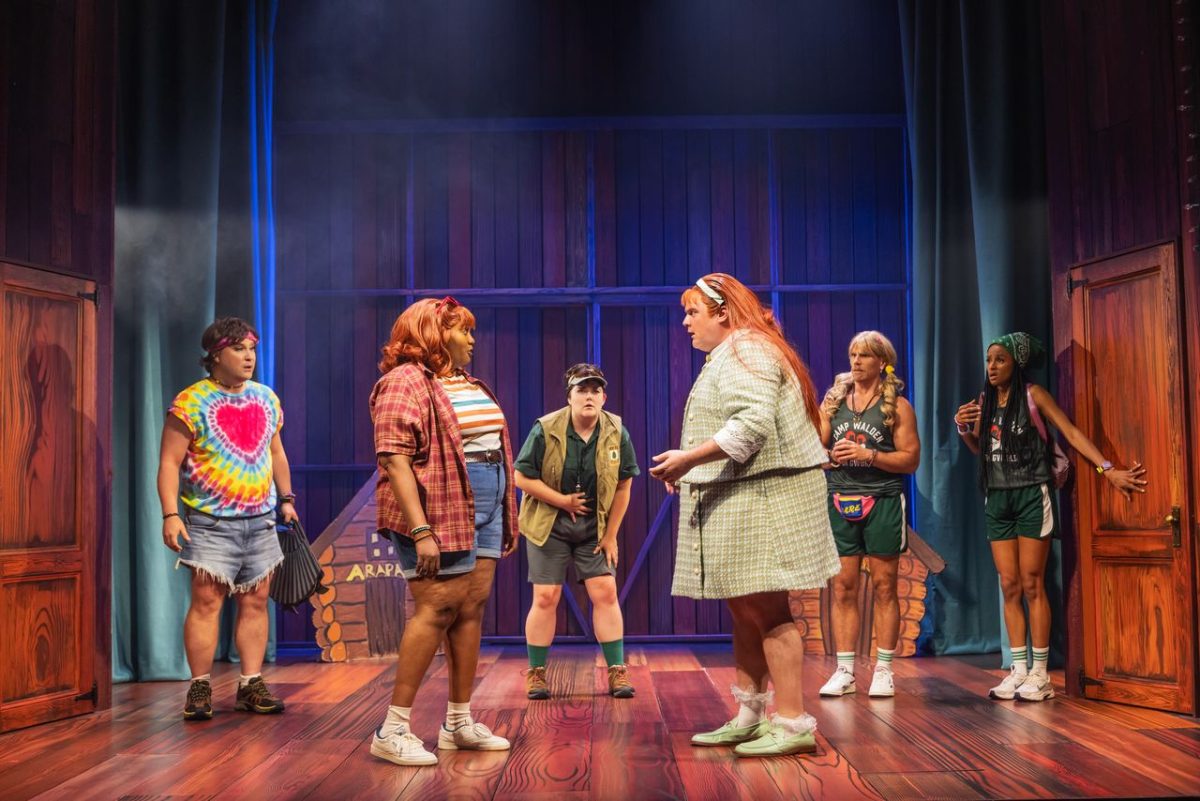Victim shaming has been a prominent issue in the larger discourse of sexual abuse. The term represents the belief that the abused should shoulder the blame for being assaulted — a belief that has been challenged by womens’ rights activists and rape awareness programs across the country. Despite these powerful voices, speaking out against rape apologists and the misogynistic idea that victims could have been asking for it, today even children are being held responsible for the abuse they suffer at the hands of adults.
This kind of child-victim blaming may seem inherently appalling and morally wrong, but the Moraga School District in California has been unashamedly using these contemptible tactics in their defense against sexual abuse allegations. Their legal response to a suit filed by Kristen Cunnane, now 30 years old, has attempted to characterize her as careless and negligent; even going on to assume that the then 12-year-old Cunnane “was herself responsible for the acts and damages for which she claims.” Cunnane, who was sexually abused by two of her teachers — one for over a four-year period — is being publicly punished and held accountable for the mistreatment she was forced to endure by the institution whose responsibility is to create a learning environment that is, above all other things, safe. Now, more than a decade later, Cunnane is still trapped in Moraga School District’s hostile environment. The only difference is that now their shameful, volatile relationship has moved from the classroom to the courtroom.
Cunnane has been fighting against the school district since the incidents occurred in the 1990s, and for many years one of her cases was shoved under the rug to save face. Their choice to ignore her cries for help resulted in further abuse inflicted on other female students, who have only now come forward. Their delay in seeking retribution cannot be considered outside the context of Cunnane’s embarrassingly unfulfilled experience with the school board. Because the district refused to take action, they contributed not only to more abuse, but also to a drawn-out silence. Those who suffered felt that people in charge didn’t want to know, and the authorities wouldn’t have helped even if they were aware of the incidences.
In fact, the board has done the opposite of helping Cunnane rectify the deplorable mistreatment that they should have been protecting her against. In this case, they have painted a picture of shame and blame that inhibits justice demanded by those sexually abused. The message the board is sending to children, and their attackers, is a dangerous one, where those who take advantage of the young and naive are pardoned according to an unspoken, immoral code. So, is it okay if rapists can’t help themselves? Should the 12-year-old girl know her pre-pubescence taunts creeps? Must she consider that every adult relationship has risks she can’t even imagine? Beliefs such as these forget that maturity goes hand in hand with responsibility, and manipulation is a game the young and innocent don’t play.
This case is a disgusting illustration of abusers getting away with exercising their sickening power. Furthermore, it highlights the flaws in cases that increasingly validate abuse every time they misplace blame on the attacked and mistreated, rather than accusing those who ought to know better.
A version of this article appeared in the Thursday, Nov. 8 print edition. Sasha Leshner is a staff columnist. Email her at [email protected].

